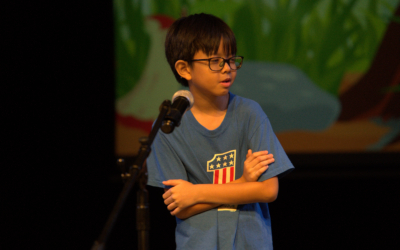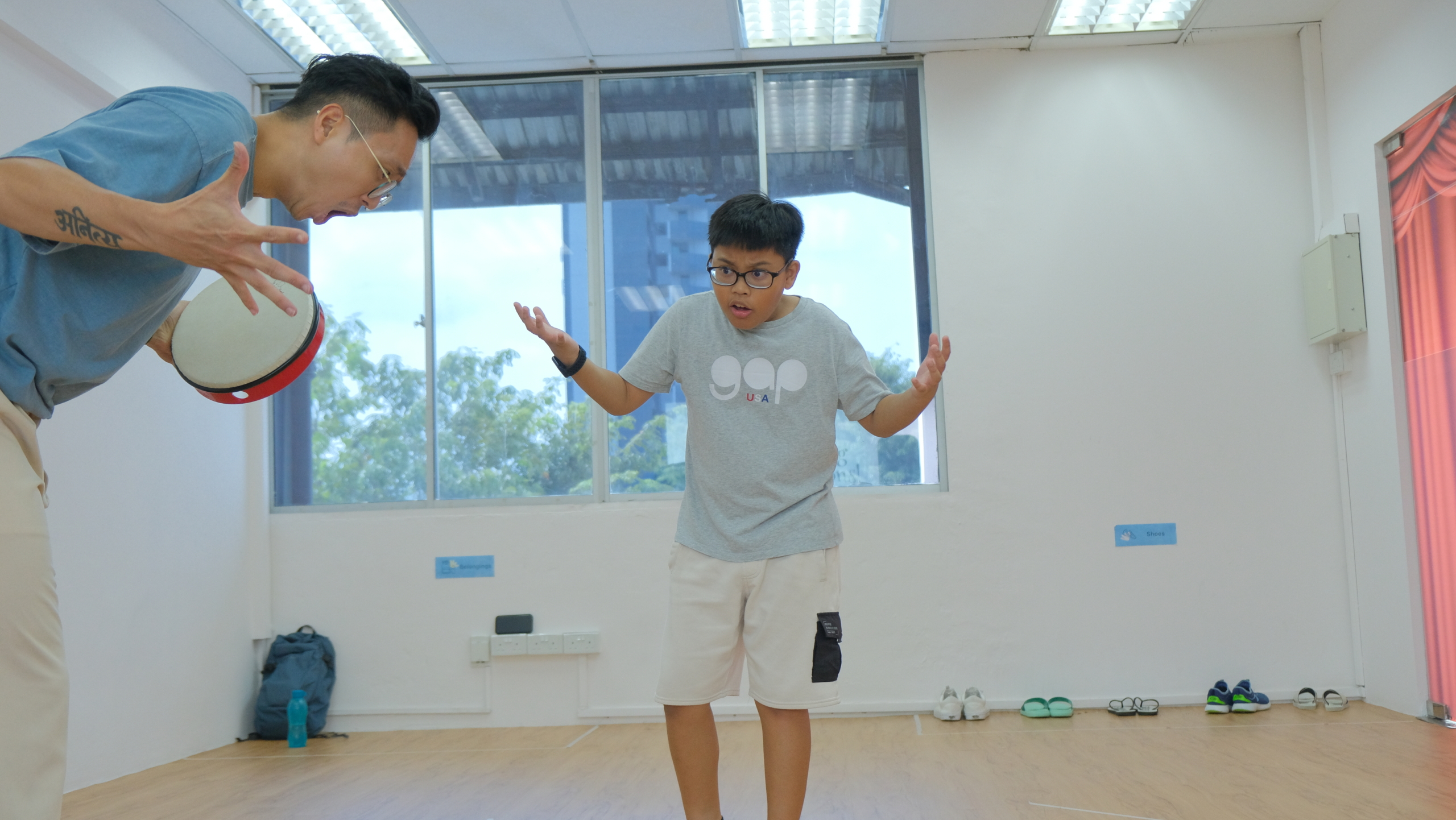Our Littlest Playwrights
Drama is a powerful tool for developing soft skills. Drama can be useful for teaching various academic subjects in schools. Did you know that drama is also an essential element in preschool curricula?
A Strong Foundation
Preschools play a crucial role in a child’s early development. Children learn to perform simple routines and are equipped with skills in language and numeracy, amongst many others. Beyond these, preschools present opportunities to acquire socioemotional skills.
Walk into any preschool and you’ll notice a few things—the noise (probably won’t miss that), the tiny furniture, loads of toys. Preschools engage children in lots of play because of the tremendous amount of learning that comes with it.
One way that play is introduced in preschools is through learning areas (sometimes called corners or centres). These are physical spaces marked out in a classroom that children can visit and interact with during free play. When implemented well, these learning centres enhance children’s growth in different developmental areas.

Children as Playwrights
“I am Mummy and you are Baby”—familiar? Do you recall playing house with your playmates when you were younger? Children are huge fans of playing pretend. During dramatic play, they adopt various roles and work in teams. They communicate ideas, discuss and negotiate with each other, devise plans, and collaborate to fulfil a common goal.
In drama classes, dramatic play is extended through the teacher’s facilitation. This ensures that each child receives appropriate support in specific areas of development.
How does dramatic play work in preschool settings where teachers aren’t always present for free play? The magic happens behind-the-scenes! Depending on the children’s interests, the teacher transforms the dramatic centre into a different world with props and decorations. Teachers must also observe these when planning—is the dramatic corner attractive to every student? Does it allow for groups of different sizes? Does it encourage children to work with different groups of peers each time? Can the roles be rotated amongst group members?



